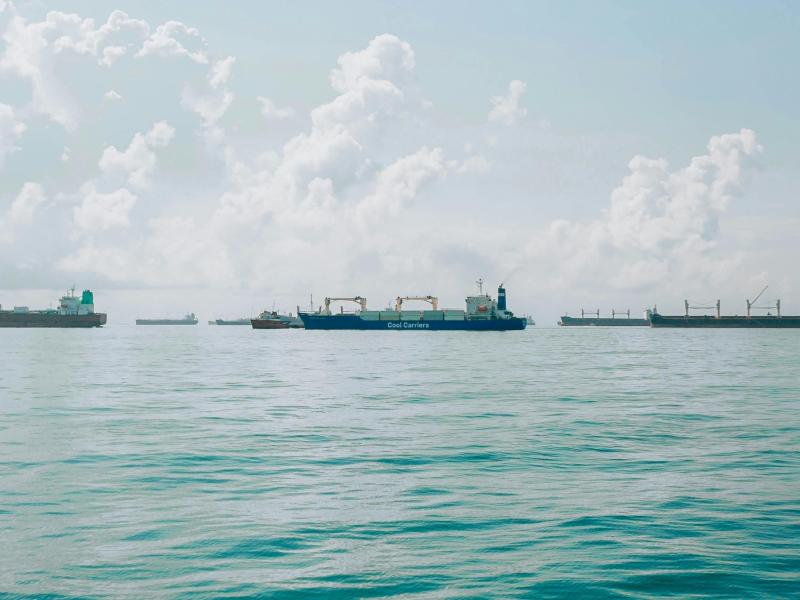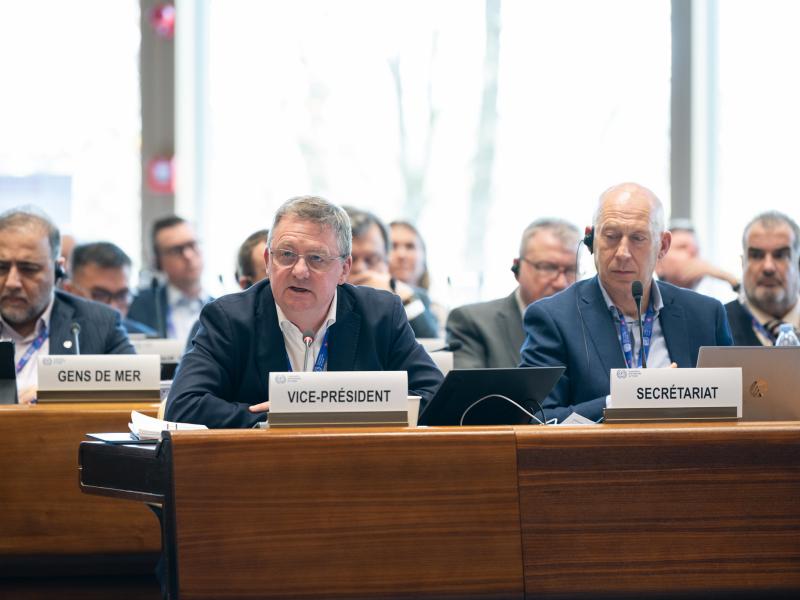As part of ongoing work examining the state of public transport systems around the world, the ITF has launched a new collective vision on the financing of this crucial public service.
The Manifesto on Sustainable Public Transport Investment, Funding and Fares is the product of a year’s work by a taskforce of ITF affiliates and allied organisations, bringing together expertise from around the world. Taskforce members and case studies were drawn from Australia, Britain, Bulgaria, Germany, New Zealand, the Philippines and South Korea.
While public transport workers worldwide kept society moving throughout the pandemic, the collapse in ridership and fare revenue has led many public transport systems into serious financial difficulties.
“This situation poses a threat to both the economic recovery from the pandemic and the wider social and environmental benefits provided by public transport, such as mobility for low-income groups and reduced greenhouse gas emissions,” said John Mark Mwanika, ITF Urban Transport Chair and Programmes Officer at the Amalgamated Transport and General Workers' Union (ATGWU, Uganda).
In response, the manifesto combines perspectives from across the globe into a set of universal principles for public transport financing. Building on the existing ITF People’s Public Transport Policy and research conducted on government responses during the pandemic, it lays out a vision which unions and allied organisations can use to drive policy change in their local contexts.
The manifesto is built on the following four principles:
- Sustainable investment in public transport system expansion and improvement is an investment in our collective future.
- Sustainable funding models fit to the specific circumstances of different public transport systems are urgently needed.
- Along with sustainable funding and investment, fare structures must support marginalised passengers and facilitate a rapid increase in public transport ridership.
- Sustainable investment, funding and fares policies must support publicly owned and democratically controlled integrated systems that meet universal goals.
Mwanika said that the ITF Urban Transport team will now be engaging with unions to design targeted educational materials for workers on the content of the manifesto, as well as developing in-depth case studies on progressive policy developments in different parts of the world. It is expected that public transport financing will emerge as a key topic at ITF’s 46th Congress in Marrakesh next year.
The manifesto is initially available in English, French, Spanish, Korean and Bahasa Indonesia, with other languages to follow.



